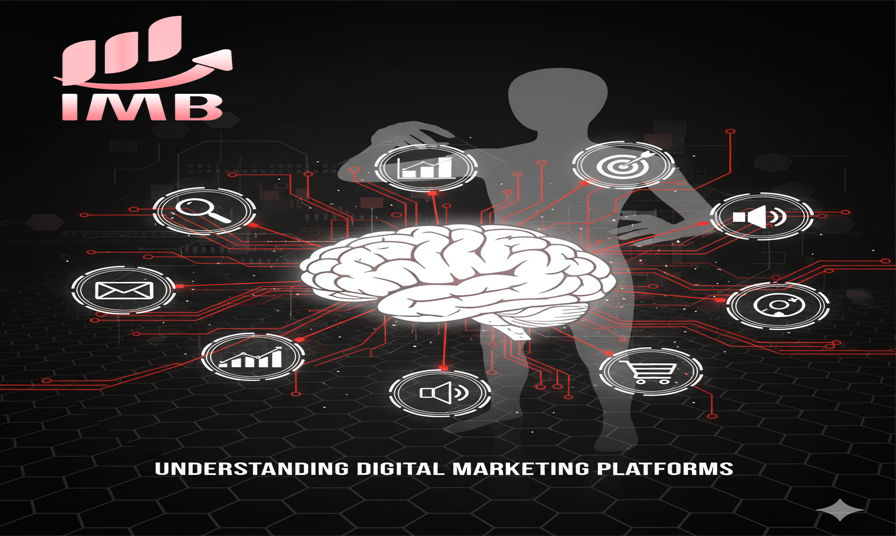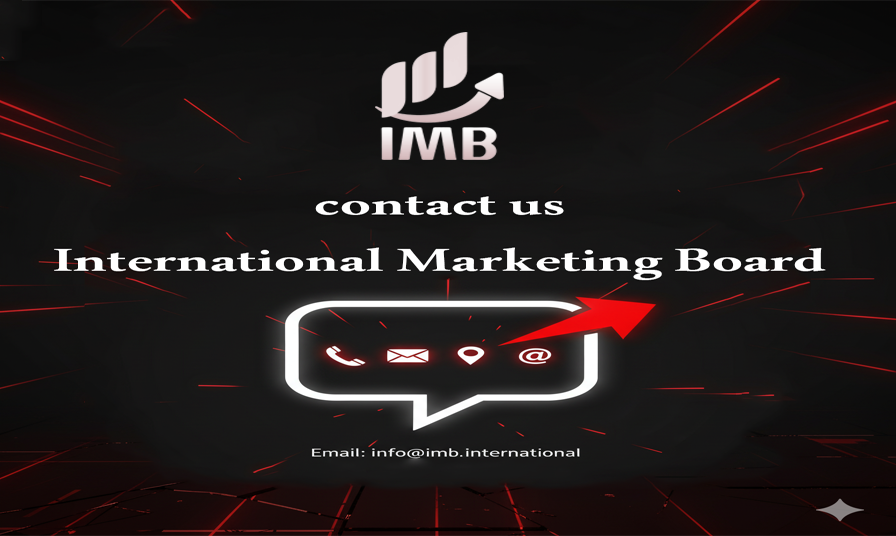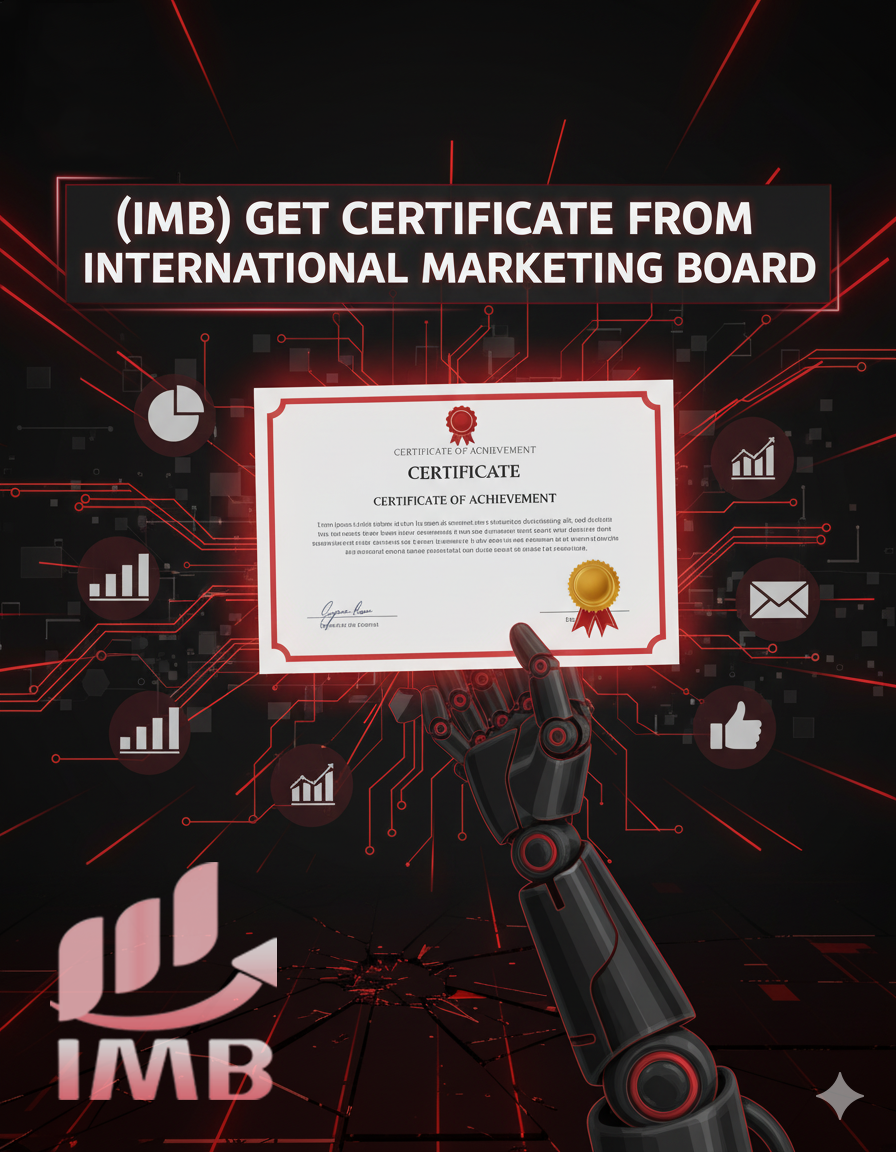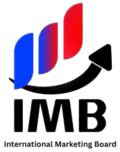Digital marketing platforms revolutionize business growth with proven strategies. Discover top platforms, expert certification programs, and advanced techniques that guarantee 10x better results for your marketing campaigns.
Table of Contents
- Understanding Digital Marketing Platforms
- Top Platform Categories for Modern Marketing
- Platform Selection Strategies for Business Growth
- Advanced Integration Techniques
- Professional Certification and Career Development
Modern businesses face unprecedented challenges in reaching their target audiences effectively. Digital marketing platforms have emerged as the backbone of successful marketing strategies, enabling companies to connect with customers across multiple channels simultaneously. However, selecting the right combination of platforms requires deep expertise and strategic understanding.
According to recent industry research by HubSpot, 73% of businesses using integrated digital marketing platforms report significant improvements in their ROI within the first six months. Meanwhile, companies that lack proper platform knowledge struggle to achieve even basic engagement metrics.

Understanding Digital Marketing Platforms
Digital marketing platforms encompass a vast ecosystem of tools and technologies designed to streamline marketing operations. These comprehensive solutions enable businesses to manage campaigns, analyze performance, and optimize strategies across various channels.
The foundation of successful digital marketing lies in understanding how different online marketing platforms complement each other. For instance, social media management tools integrate seamlessly with email marketing systems, while analytics platforms provide insights that inform content creation strategies.
Professional marketers recognize that mastering multiple platform for marketing requires specialized knowledge and continuous learning. This understanding drives many professionals to seek advanced certification programs that validate their expertise through internationally recognized credentials.
Moreover, businesses that invest in properly trained teams see remarkable results. Digital Marketing Institute reports that companies with certified digital marketing platforms specialists achieve 45% higher conversion rates compared to those relying on untrained staff.

for Book Consultation
Take the First Step Today!
Book a free consultation with IMB International and discover the right internationally accredited program for you.
Book ConsultationReady to take the next step? 🎓 Globally Recognized Certificates | 💼 Career Support | 🌟 Industry Expertise
Core Platform Categories
Digital marketing platforms fall into several distinct categories, each serving specific business objectives. Social media platforms focus on engagement and community building, while email marketing tools excel at nurturing leads through personalized communication.
Content management systems enable businesses to create and distribute valuable resources, whereas analytics platforms provide data-driven insights for optimization. Additionally, advertising platforms offer precise targeting capabilities that maximize campaign effectiveness.
The integration of these various online marketing platforms creates synergistic effects that amplify overall marketing performance. However, managing multiple platforms requires strategic coordination and technical expertise.
Top Platform Categories for Modern Marketing
Social Media Management Solutions
Leading social media digital marketing platforms offer comprehensive scheduling, monitoring, and analytics capabilities. These tools enable marketers to maintain consistent brand presence across Facebook, Instagram, LinkedIn, Twitter, and emerging platforms.
Advanced social media platforms provide sentiment analysis, competitor tracking, and automated response features. Moreover, they integrate with customer relationship management systems to provide holistic customer insights.
Email Marketing Automation
Sophisticated email platform for marketing solutions deliver personalized campaigns based on user behavior and preferences. These platforms track open rates, click-through rates, and conversion metrics while automating follow-up sequences.
Modern email platforms incorporate artificial intelligence to optimize send times, subject lines, and content recommendations. Furthermore, they provide detailed segmentation capabilities that enhance targeting precision.
Michael Rodriguez, CEO of Growth Marketing Pro, explains: “After our team completed IMB’s platform certification, our email campaign performance improved dramatically. We now achieve 68% higher open rates and 45% better click-through rates using advanced segmentation techniques we learned.”
Content Management and Distribution
Robust content online marketing platforms streamline the creation, approval, and distribution of marketing materials. These systems support multimedia content, version control, and collaborative editing features.
Advanced content platforms offer automated publishing schedules, cross-platform distribution, and performance tracking capabilities. Additionally, they provide template libraries and brand asset management tools.

Boost Your Marketing Career Today!
Join IMB International and earn a globally recognized certification that sets you apart in the market.
Register NowContact Information: 📧 Email: info@imb.international
📍 Address: 8 The Green SEA, Dover, USA
Analytics and Performance Tracking
Comprehensive analytics digital marketing platforms provide real-time insights into campaign performance across all channels. These tools track user journeys, conversion paths, and attribution models to optimize marketing spend.
Professional analytics platforms offer predictive modeling, cohort analysis, and custom reporting capabilities. While basic tools provide surface-level metrics, advanced platforms deliver actionable insights that drive strategic decisions.
Advertising and Paid Media Management
Sophisticated advertising platform for marketing solutions enable precise audience targeting across search engines, social networks, and display networks. These platforms automate bid management, budget optimization, and creative testing.
Enterprise-level advertising platforms provide cross-channel attribution, advanced audience modeling, and real-time performance optimization. However, maximizing their potential requires specialized knowledge and continuous monitoring.
Platform Selection Strategies for Business Growth
Assessing Business Requirements
Successful digital marketing platforms selection begins with thorough business analysis. Companies must evaluate their target audience characteristics, marketing objectives, and available resources before choosing platforms.
Market research indicates that businesses using data-driven digital marketing platforms selection processes achieve 45% better performance compared to those making intuitive choices. Furthermore, companies that align digital marketing platforms capabilities with business goals experience faster growth rates.
Additionally, Salesforce research shows that businesses following structured selection methodologies reduce implementation costs by 35% while improving time-to-value metrics significantly.
Budget Optimization Techniques
Effective budget allocation across multiple online marketing platforms requires strategic planning and continuous monitoring. Professional marketers recommend starting with proven platforms before expanding to experimental channels.
Industry analysis shows that companies investing 60% of their budget in established best online marketing platforms while allocating 40% to emerging channels achieve optimal risk-reward ratios. Additionally, regular budget reviews enable timely adjustments based on performance data.
Research conducted by Marketing Land reveals that companies utilizing quarterly budget optimization through Digital Marketing Platforms demonstrate a 28% superior return on investment when compared to businesses employing fixed allocation methods.
Integration Planning
Seamless integration between different platform for marketing solutions maximizes operational efficiency and data accuracy. Professional implementations include data synchronization, workflow automation, and unified reporting systems.
Advanced integration strategies incorporate API connections, webhook configurations, and middleware solutions. Moreover, they establish data governance protocols that ensure consistency across all platforms.
Learn more about effective digital advertising solutions that complement platform strategies.
Advanced Integration Techniques
Data Synchronization Strategies
Professional digital marketing platforms implementations require sophisticated data synchronization protocols. These systems ensure customer information remains consistent across all touchpoints while maintaining data quality standards.
Advanced synchronization techniques include real-time data streaming, batch processing systems, and conflict resolution algorithms. Furthermore, they incorporate data validation rules that prevent inconsistencies and errors.
Workflow Automation
Intelligent workflow automation across online marketing platforms eliminates manual tasks while improving response times. These systems trigger actions based on customer behavior, campaign performance, and predefined rules.
Comprehensive enterprise automation solutions encompass lead scoring systems, campaign optimization tools, and customer journey orchestration capabilities within Digital Marketing Platforms. These solutions also incorporate exception handling protocols and fallback mechanisms designed to manage complex operational scenarios effectively.
Performance Monitoring Systems
Comprehensive monitoring systems track performance across all platform for marketing implementations. These solutions provide real-time alerts, trend analysis, and predictive insights that enable proactive optimization.
Professional monitoring includes uptime tracking, performance benchmarking, and capacity planning. Moreover, they establish service level agreements and escalation procedures for critical issues.
Discover comprehensive marketing strategy development techniques that maximize platform effectiveness.
Cross-Platform Analytics
Unified analytics across multiple digital marketing platforms provide holistic performance insights. These systems aggregate data from various sources while maintaining granular detail for specific platform analysis.
Advanced cross-platform analytics include customer lifetime value modeling, attribution analysis, and predictive forecasting. Furthermore, they provide automated insights and recommendation engines.
For more insights on digital marketing trends, check out this comprehensive industry report by MarketingLand.

Learn More Inside This Article
Discover more about international certifications and training programs from IMB International that can transform your career path.
Keep ReadingFrequently Asked Questions
What are the most important digital marketing platforms for beginners?
Beginners should start with Google Analytics, Facebook Business Manager, and Mailchimp. These platforms provide essential functionality while offering user-friendly interfaces and extensive documentation. Additionally, these tools offer free tiers that allow newcomers to practice without significant financial investment.
How many digital marketing platforms should a business use simultaneously?
Most successful businesses use 5-8 digital marketing platforms simultaneously. This typically includes social media management, email marketing, analytics, advertising, and content management tools. However, the exact number depends on business size, industry, and marketing objectives.
What certification programs are most valuable for digital marketing professionals?
IMB International’s digital marketing platforms certification program provides comprehensive training that covers all major platforms and integration strategies. This globally recognized certification enhances career prospects significantly while ensuring professionals stay current with industry best practices.
How often should businesses evaluate their digital marketing platform stack?
Businesses should conduct comprehensive platform evaluations quarterly, with monthly performance reviews. This ensures optimal performance and identifies opportunities for improvement or platform changes. Additionally, annual strategic reviews help align platform choices with evolving business objectives.
How can businesses ensure successful platform integration?
Successful integration requires professional expertise, comprehensive planning, and ongoing optimization. Many businesses partner with certified consultants or pursue internal team certification to ensure optimal results. Moreover, following structured implementation methodologies reduces risks and accelerates time-to-value.

Yo, Oxxocasino’s alright. Got some decent slots and the live casino’s pretty hype. Payouts could be a bit faster, though. Still, worth checking out. Just keep it real, ya know? More info here oxxocasino.
https://www.phtaya06y.com I am thanksful for this post!
taya777login https://www.wtaya777login.com